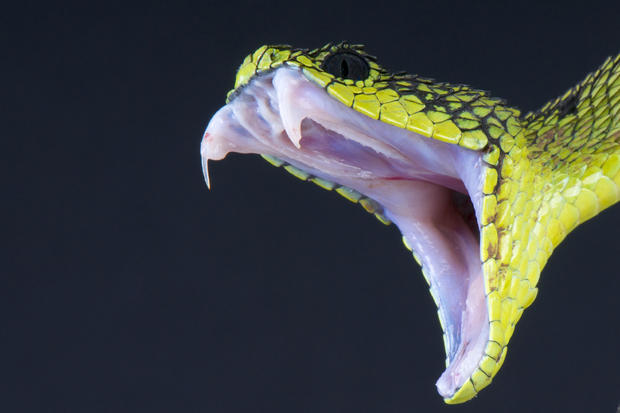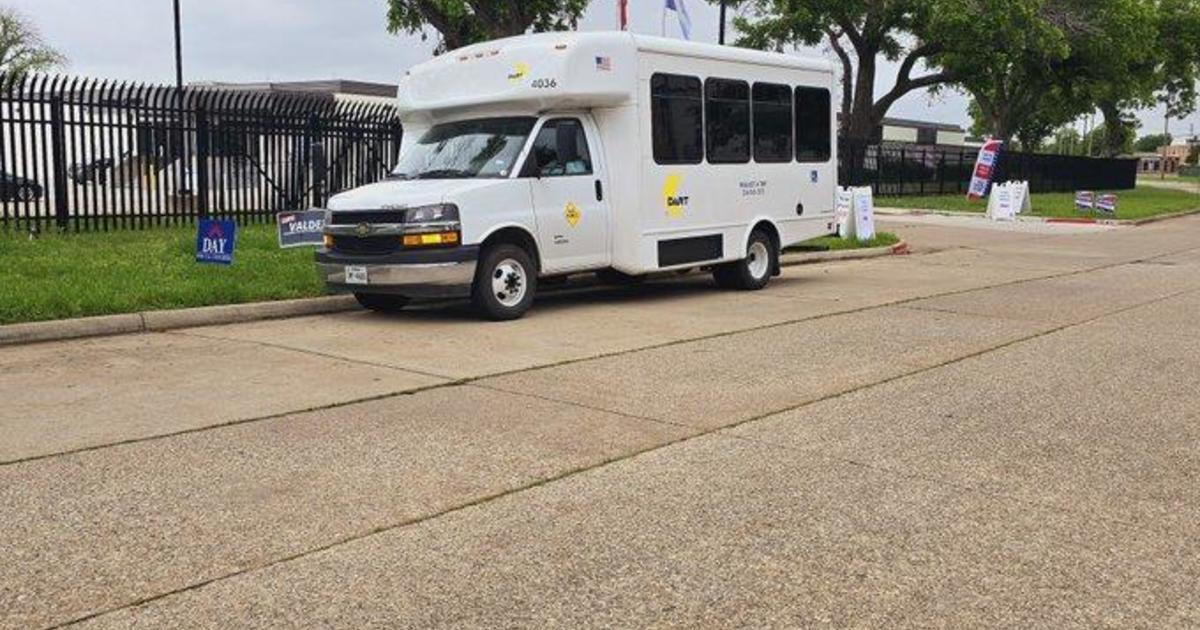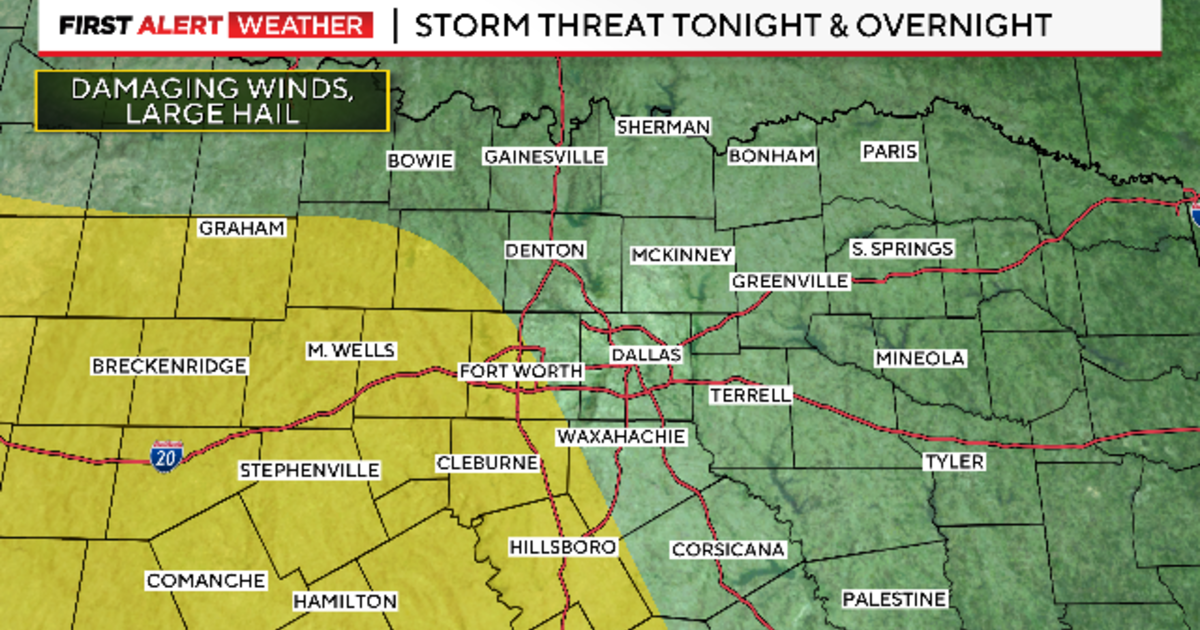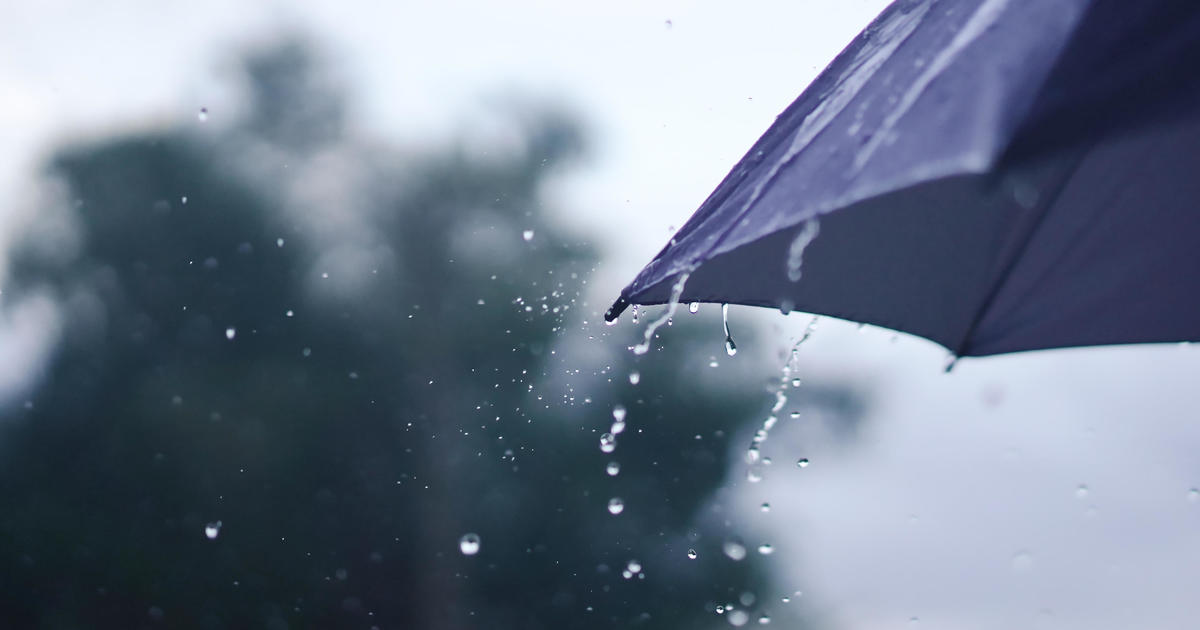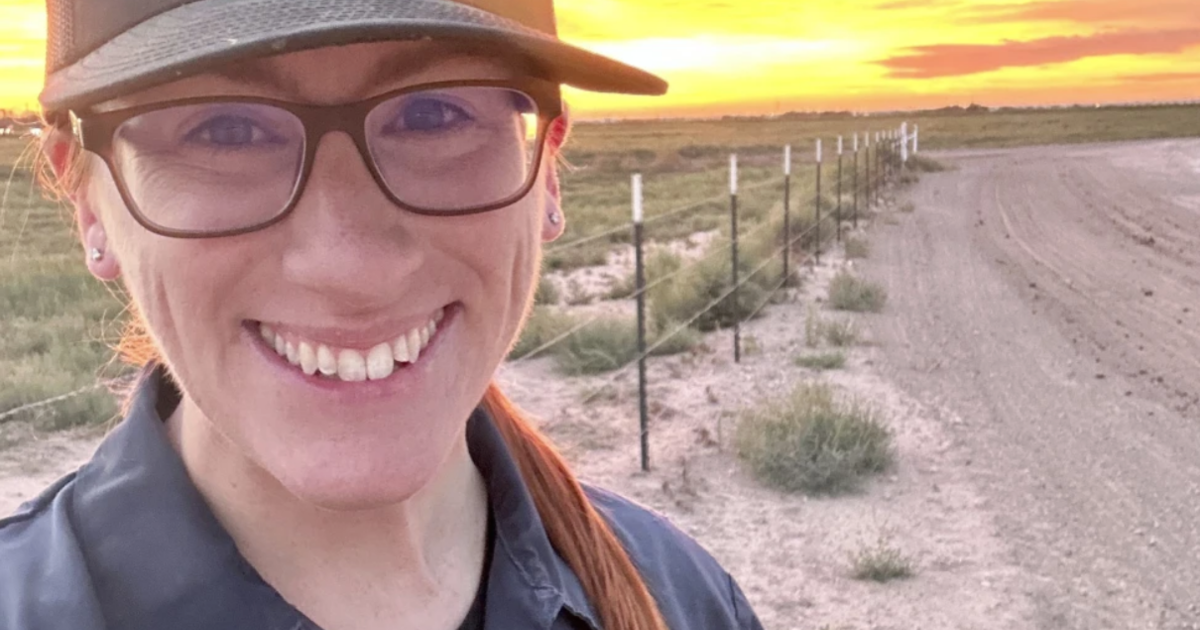Medical City Weatherford Warns Of Increased Snakebite Risk Amid Texas Heat
WEATHERFORD (CBSDFW.COM) – Medical experts are warning there are more venomous creatures slithering around now that summer is here.
Medical City Weatherford physicians have treated several snake bites in the first few days of July, prompting emergency room experts to urge caution and awareness while conducting activities outdoors. Since snakes are cold blooded they hibernate during the winter, that means when the weather gets warm the serpents are out searching for food and breeding.
"We are urging community members to exercise precaution when participating in outdoor events this summer," said Nathan Holbrook, DO, medical director of emergency services at Medical City Weatherford. "The recent rains in North Texas have caused snakes in our area to seek higher ground. As temperatures rise and more outdoor activities occur, there is a greater chance of humans and snakes coming into contact with one another."
The Centers for Disease Control and Prevention provides the following tips on how to prevent snake bites as well as how to recognize them:
How to Prevent Snake Bites
- Avoid snake habitats such as tall grass, fallen logs, rock outcroppings and piles of debris.
- Be aware of snakes that may be swimming in the water to get to higher ground.
- Be still if encountering a snake to enable the reptile to retreat. Back away slowly, if necessary.
- Wear shoes outside and pants or tall boots if snake habitats cannot be avoided.
Reactions to venomous snakebites are often immediate, painful or severe. Copperhead, cottonmouth and rattlesnake bite symptoms are immediate and may include:
- A pair of puncture marks at the wound
- Bleeding, redness and swelling at the wound
- Difficulty breathing
- Nausea and vomiting
- Blurred vision
- Increased salivation and sweating
- Numbness or tingling
- Weak and/or rapid pulse
Anyone bitten by a snake should seek emergency care immediately.
Medical experts say there are a number of things you should do if you're bitten by a snake. First - stay calm. For identification purposes, and if possible, someone should a take a photo of the snake that attacked.
Be prepared to get to a hospital, but If the person bitten needs to lie down be sure to raise the bitten area above the level of their heart. Never apply ice to a snakebite. Wounds should be washed out with warm water.
Hospital stays for snake bites range from one day to several weeks, and could include care for damaged tissue and antivenom. And keep in mind, non-venomous snake bites can cause infections.
